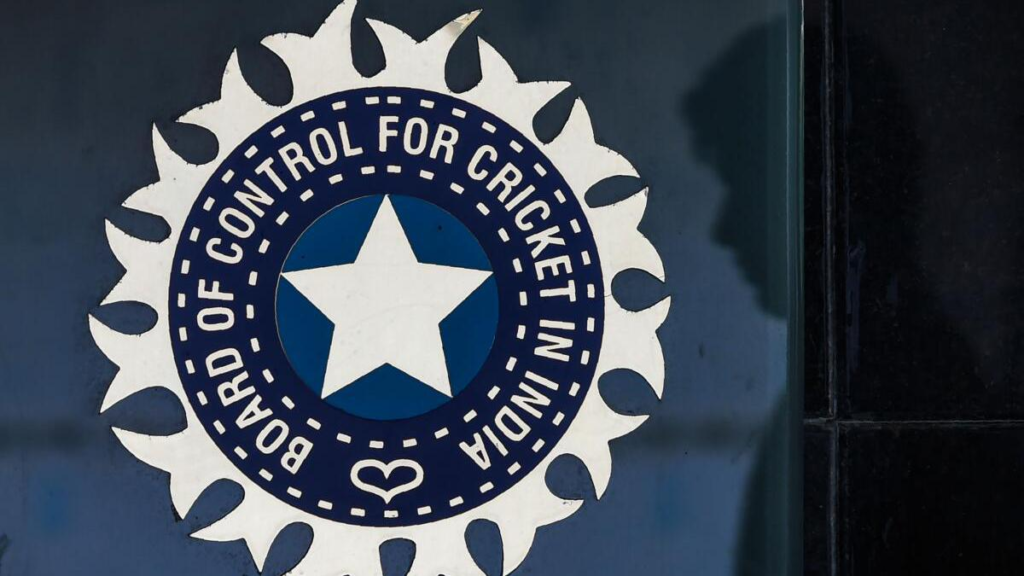
The Board of Control for Cricket in India (BCCI) is set to implement stricter regulations regarding state associations’ interactions with foreign cricket boards. The decision, likely to be finalized at the upcoming Apex Council meeting on March 18th, will require all proposals for training camps and competitions with foreign teams to be routed through the BCCI.
Curbing Direct Engagements
This move comes in response to several state associations, including Delhi and Puducherry, initiating direct talks with foreign boards, primarily associate nations. These discussions focused on hosting exposure trips for the foreign teams. The BCCI, as the governing body for Indian cricket, wants to centralize these interactions.
Transparency and Control
A BCCI source clarified that state associations can still collaborate with foreign boards on cricket-related activities, but all agreements must be facilitated by the BCCI. This centralized approach allows the BCCI to maintain transparency and ensure all such engagements comply with national cricketing regulations.
BCCI’s History of Supporting Associate Nations
The BCCI isn’t opposed to supporting the development of cricket in other countries. In the past, they’ve assisted associate nations like Afghanistan by providing training facilities in India. This highlights their commitment to fostering the sport globally.
Sri Lanka Sets a Different Example
However, the BCCI’s approach contrasts with other cricket boards. For instance, Sri Lanka Cricket recently signed a Memorandum of Understanding (MOU) with the Japan Cricket Association (JCA). This agreement allows for direct collaboration in developing Japanese cricket through player and coach exchanges, as well as sharing expertise.
The Road Ahead
The BCCI’s decision to centralize foreign cricket tie-ups will likely spark discussions within Indian cricket. While some may see it as a necessary step for maintaining control and transparency, others might argue it hinders the autonomy of state associations. The upcoming Apex Council meeting will determine the final policy and its long-term impact on Indian cricket’s international collaborations.
